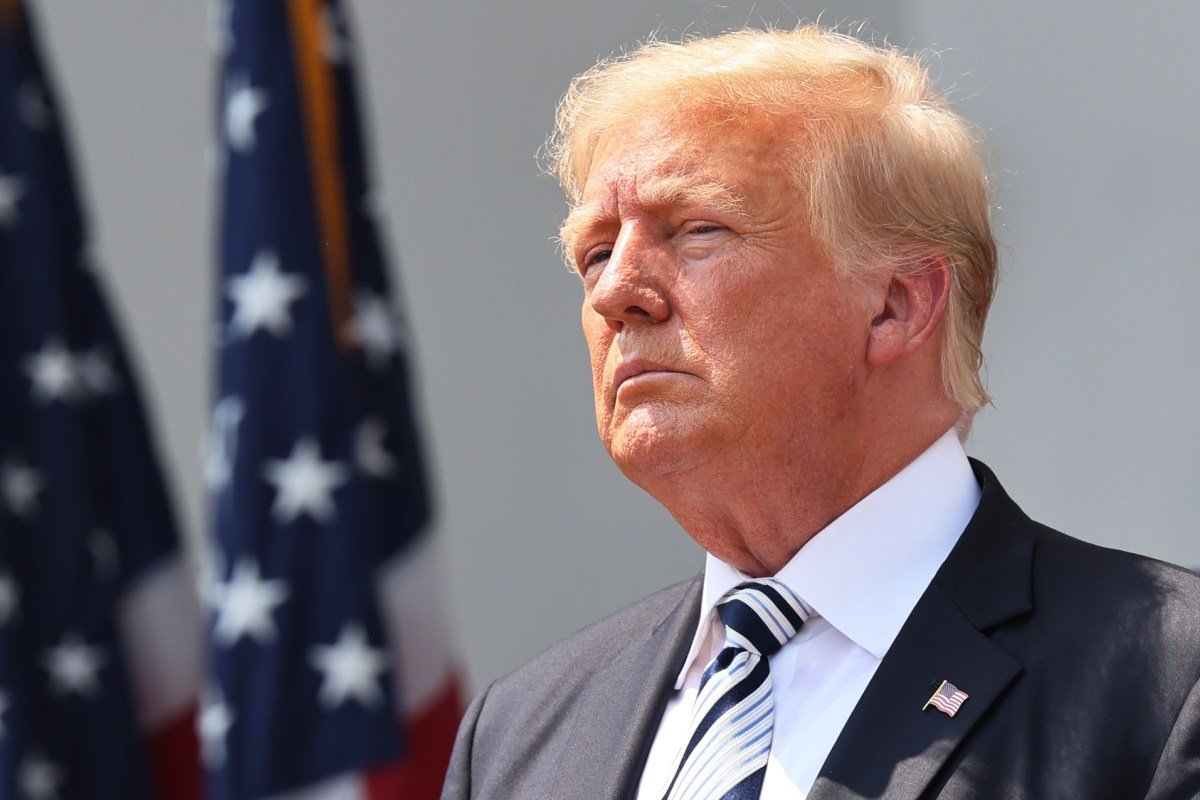
White House press secretary Karoline Leavitt stated in a briefing on Wednesday that Trump is expecting GM, Ford, and Stellantis to transition production to the U.S. During an investor talk last month, Ford CEO Jim Farley mentioned that the company lacks the production capacity at its factories for such a shift, and warned that extended tariffs could have severe consequences on the U.S né?. before the tariffs take effect at the end of the month né?. President Donald Trump has decided to postpone tariffs on car imports from Canada and Mexico for a month responding to appeals from top executives at the major automakers – General Motors Ford and Stellantis. However automakers are granted an exception under the USMCA agreement as reported by The Wall Street Journal.
Many automakers including the Big Three have complex supply chains and operate multiple manufacturing plants in Mexico and Canada né?. “He directed them to make the move,” Leavitt said. This increase could potentially reduce consumer demand, leaving dealers with unsold vehicles.
In a speech to Congress on Tuesday, Trump urged manufacturers to relocate their operations to the U.S. They are urging automakers to consider shifting their overseas operations to the United States by April 2.
This pause, originally reported by Politico, comes shortly after Trump imposed a 25% tariff on all goods from the U.S.’s neighboring countries, which had been duty-free under NAFTA 2.0 during his first term. For example, GM produces its Chevy Equinox in both countries, while Ford manufactures Lincoln Nautilus SUVs, and Stellantis makes Dodge Chargers in Ontario. industry.
 . Additionally, several automotive suppliers have factories in these nations.
. Additionally, several automotive suppliers have factories in these nations.
Car prices are already at peak levels, and these tariffs could potentially raise sticker prices by as much as $12,000, according to Jeff Schott, a senior fellow at the Peterson Institute for International Economics, in an interview with the Detroit Free Press


